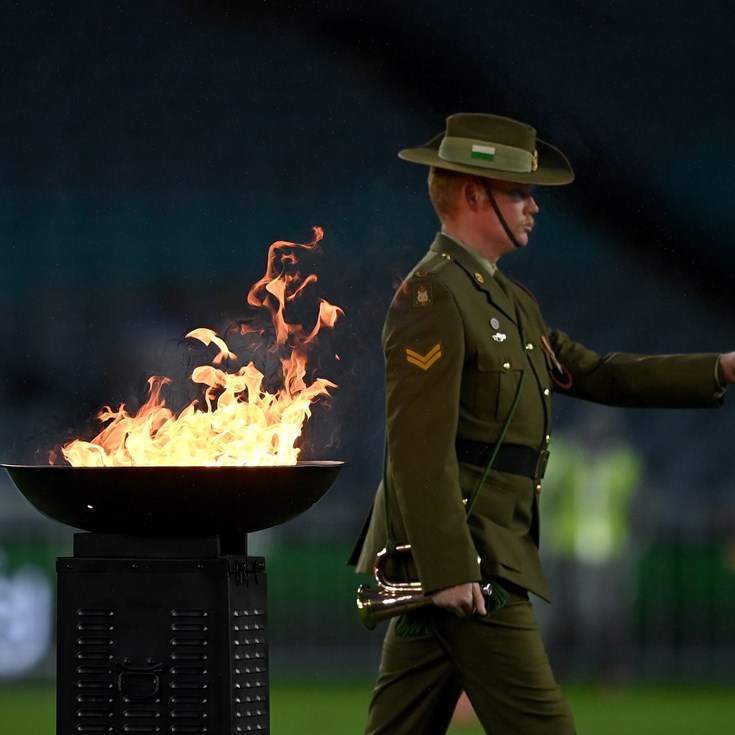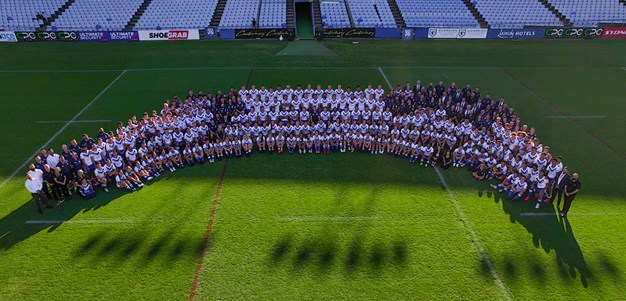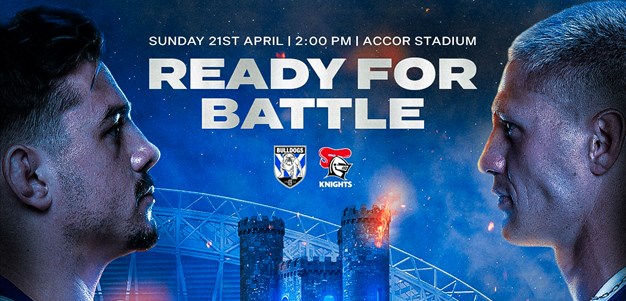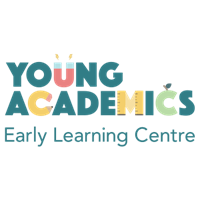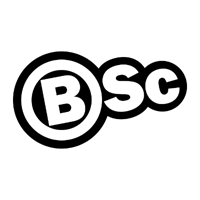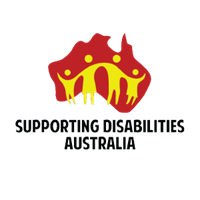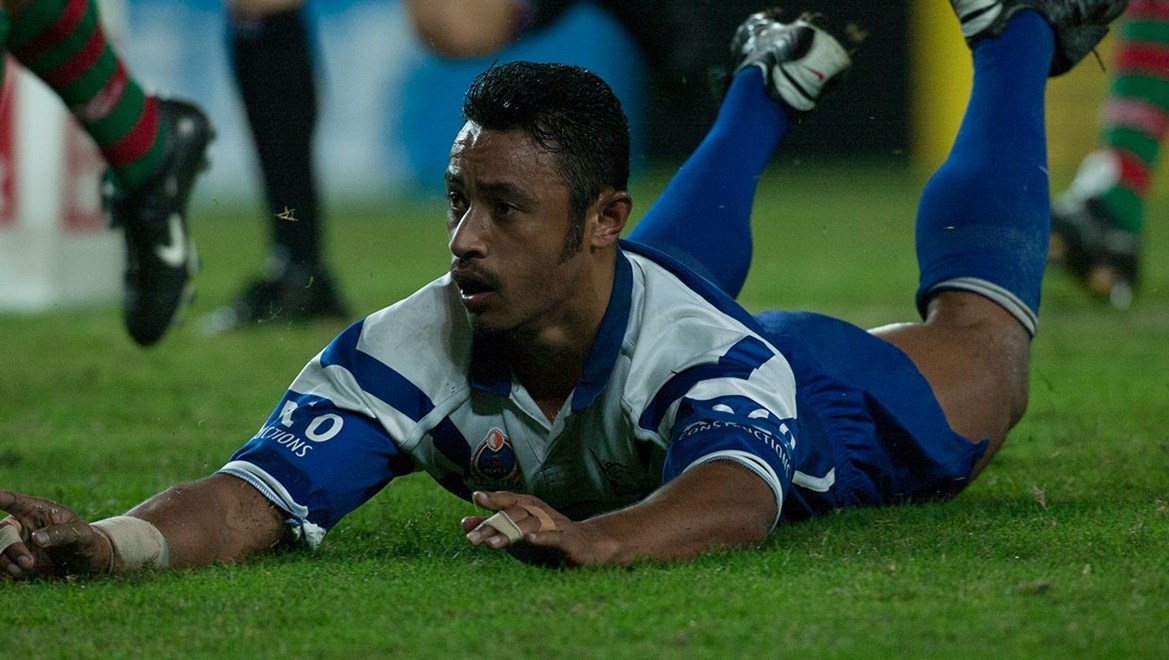

They form up to 42 per cent of players in the NRL which is why the game continues to work and develop Pacific programs designed to help players with their cultural identity and responsibility.
Nigel Vagana and a host of former NRL men's and women's players went to Noumea for a three day training program as an extension of the ongoing Pasifika research and leadership collaboration between the Australian National University's State, Society and Governance in Melanesia (SSGM) program and the NRL Welfare and Education department.
The aim is to help develop participants to become influential leaders who can have a positive impact within their clubs, the game more generally, and for their respective communities.
"First and foremost it was about getting these guys all the knowledge and for them to be able to bring it back to the game and the players. To help the players help their communities," Vagana told NRL.com.
"It is all about empowerment and the ability to look into their own environments and make positive change. The goal is to make rugby league culturally responsible. When you are responsible for your culture and the issues, you can make it flourish.
"The NRL's key values are inclusiveness and courage, it takes courage to be a leader, to speak up, to get involved and make a positive difference. The whole aim of the program is to empower our guys."
The game has changed a lot since Vagana was a player. In 10 short years, Pacific players have gone from the anomaly to the norm. Soon they could be the majority.
It is why the research, education and consistent work Vagana champions at the NRL is so important.
"When Sia Soliola was signed by the Roosters in 2005, he was the only player at the club with Pacific heritage. He was joined by Anthony Tupou the following year and for a while it was just the two of them," the former Warriors, Bulldogs, Sharks and Rabbitohs player said.
"Now look at the Roosters side, 70 per cent of their squad has Pacific heritage. Roger Tuivasa-Sheck, Daniel Tupou, Michael Jennings, Jared Waerea-Hargreaves, Kane Evans, Suaia Matagi, you could keep naming them. That has all happened in just 10 years.
"42 per cent of players in the game have Pacific heritage, if you add the 11 per cent of Indigenous players you start to get an idea how important these guys are to their communities and the positive change they can make."
In partnership with the Secretariat for the Pacific Community (SPC) - a regional intergovernmental organisation whose 26 country membership includes 22 Pacific nations and countries - the game aims to "develop the technical, professional, scientific, research, planning and management capability of Pacific Island people and directly provide information and advice, to enable them to make informed decisions about their future development and well-being".
SPC provides a Pacific voice in global governance arenas including UN forums.
"The SPC are pretty respected, they are the voice of the Pacific to the United Nations," Vagana explained.
"It gives us credibility, it gives the work we are doing a strong platform, it means something."
General Director of SPC, Dr Colin Tukuitonga, was a part of the workshops and is fully aware the importance the program has on the community.
"Rugby league has unlimited potential in the Pacific islands," Tukuitonga told NRL.com.
"The NRL Pacific Leadership and Development Program is a great way of promoting the game and supporting the development of Pacific young people and communities. It was great to host Nigel and the team and we hope to see them again soon."
The program, led by ANU's Dr Roannie NG Shiu, extended from a partnership that was forged with the NRL in 2012. In the ensuing years it has continued to grow and evolve.
"The program is aware that Pacific players are asked to promote social programs, it is all about providing them with the knowledge they need and educating them on the key issues so that they can be informed and comfortable with getting involved," Shiu said.
"As a group they are great ambassadors and role models. People don't realise the amazing work they are doing. They are helping change perceptions of the NRL across the Pacific.
"It is all about empowerment, the workshops emphasised having a stronger voice, when we work together on similar issues we can make a big difference."
This article first appeared on NRL.com
